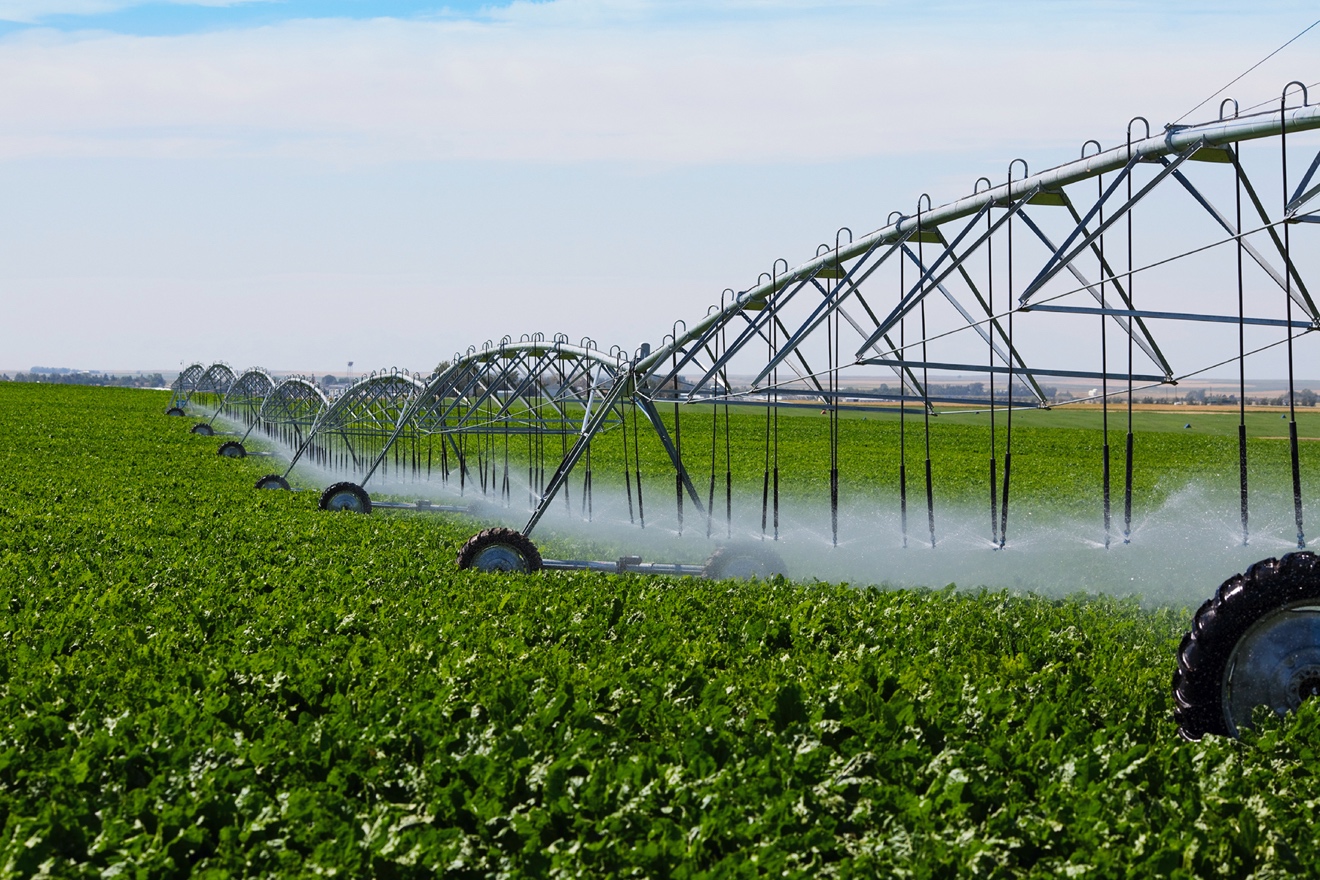GFB News Magazine
Charting Policy Beyond the Water Wars
by Adam Belflower
GFB Governmental Affairs Specialist
Posted on November 20, 2023 3:19 PM
By Adam Belflower
Over the past two decades, Southwest Georgia has been the center of litigation between our neighboring states. Florida brought a lawsuit against Georgia for allegedly using too much water and diminishing flow to their state. Florida claimed Georgia’s consumption patterns were the cause of a declining oyster population in the Apalachicola Bay.
As the litigation proceeded, Southwest Georgia, particularly areas surrounding the lower Flint River, was placed under a moratorium banning the drilling and permitting of new agricultural water withdrawals.
During this time, the U.S. Fish & Wildlife Service (USFWS) identified five mussels in the region as endangered species. This endangered species classification led to another layer of complexity regarding the water moratorium. If any of the mussel populations identified by USFWS were harmed, the state of Georgia could be held liable and sued under the Endangered Species Act (ESA).
In 2021, the special master assigned by the Supreme Court ruled in favor of Georgia, recognizing we were managing our water resources well. He found the declining oyster populations in the Apalachicola Bay were due to other activities, not Georgia’s water use. As this case was ending, Georgia was already working on a plan to protect against ESA claims that may arise from the extinction of the identified mussel populations.
The Georgia Flow Incentive Trust, GA FIT, was established to find sustainable practices that would allow vital agricultural water use in the Lower Flint River Region (LFRR) while balancing critical habitat in times of drought. Access to water is crucial for farms to grow and adapt diversified practices as well as the sustainability of local economies. Utilizing a $49.8 million grant, GA FIT, in conjunction with EPD, Gov. Kemp’s office, and stakeholders, decided to pursue a Habitat Conservation Plan (HCP) through the USFWS as part of our state water management strategy.
An HCP is a comprehensive plan of sustainable practices that protect endangered species in the LFRR area. Once finalized, this plan would be tailored to protect the five mussel species and creates sustainable practices to protect water flows in times of drought, while fostering agricultural growth following the Supreme Court verdict. To learn more about the HCP visit https://gfb.ag/epdhcp or https://ga-fit.org/hcp/.
Once approved by the USFWS, the state of Georgia will be granted incidental take permits which protect the state, and producers, from ESA claims if anything happens to these mussel species.
In conjunction with this work, EPD is exploring measured adjustments to the moratorium supported by their research to unlock new water uses in the region. New withdrawals are being allowed through Frost Protection Permits. These permits will benefit the emerging citrus industry and blueberry industry in Southwest Georgia, allowing growers to spray water to protect against frost in late winter and early spring.
GFB is excited about this new program and looks forward to continued work with GA FIT, EPD, and Gov. Kemp to create a meaningful path forward in the LFRR to ensure the success of Georgia agriculture.
Adam Belflower is a GFB Governmental Affairs Specialist. He may be reached at acbelflower@gfb.org or 478-474-0679,ext, 5259.

Photo by Alex Bradford